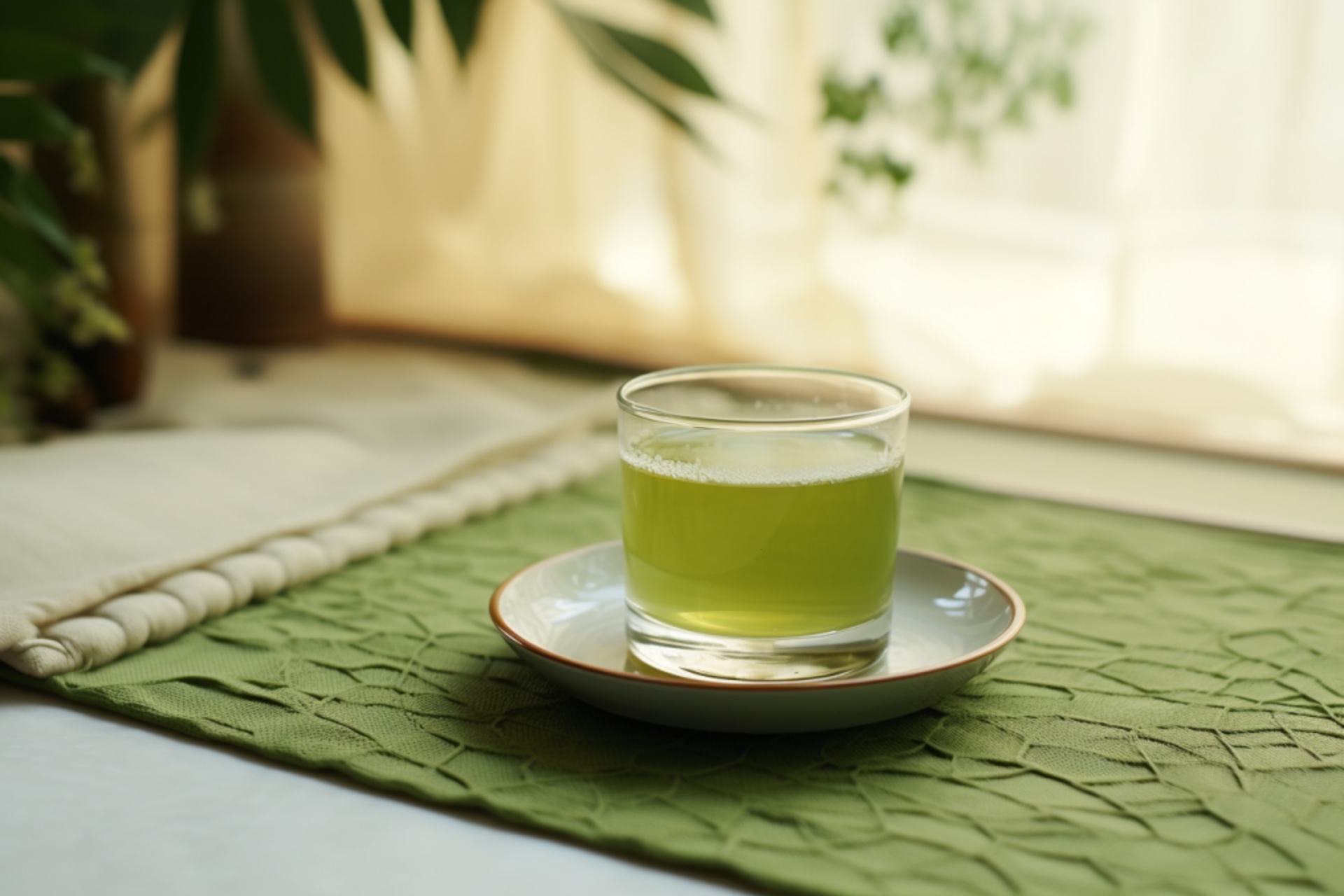This tea is steamed longer than regular sencha tea, resulting in a rich content of healthy ingredients such as catechins, vitamins, and beta-carotene. These ingredients are expected to have various health benefits, including antioxidant effects, anti-cancer effects, blood pressure reduction, blood sugar reduction, cholesterol reduction, and relaxation effects. In particular, Kakegawa City is known as a production area for deep-steamed tea, and the low cancer mortality rate among its citizens has drawn attention to the health benefits of deep-steamed tea.
health benefits

Antioxidant effects:
The catechins and beta-carotene contained in deep-steamed tea are expected to remove active oxygen and prevent cellular aging and disease.
Anti-cancer effects:
Research has shown that catechins inhibit the production of carcinogens and suppress the proliferation of cancer cells.
Blood pressure reduction:
Catechins are expected to dilate blood vessels and reduce blood pressure.
Blood sugar level increase inhibition:
Catechins are expected to have the effect of slowing down sugar absorption and inhibiting blood sugar level increases.
Cholesterol reduction:
Catechins are expected to have the effect of reducing bad cholesterol and increasing good cholesterol.
Relaxation effect:
Theanine contained in deep-steamed tea is expected to have a relaxation effect and reduce stress.
Other:
Deep-steamed tea is rich in vitamin C, vitamin E, and chlorophyll, which are expected to enhance immunity, improve skin health, and alleviate constipation.
Deep-steamed tea production method and health components:
Deep-steamed tea is produced using a method that involves steaming the tea leaves for about 120 seconds longer than regular sencha tea. This method makes the tea leaves’ cells more fragile, allowing for greater extraction of health components such as catechins, vitamins, and beta-carotene.
Additionally, the tea leaves become finer, making it easier to consume nutrients that are difficult to dissolve in water, such as dietary fiber and minerals.


